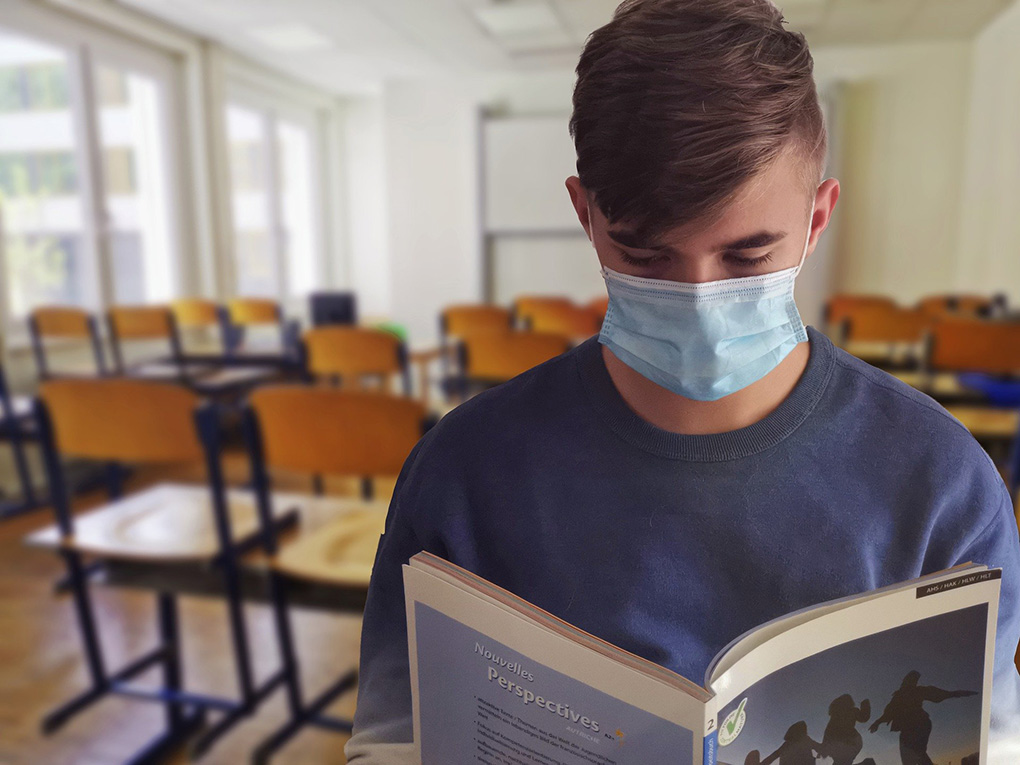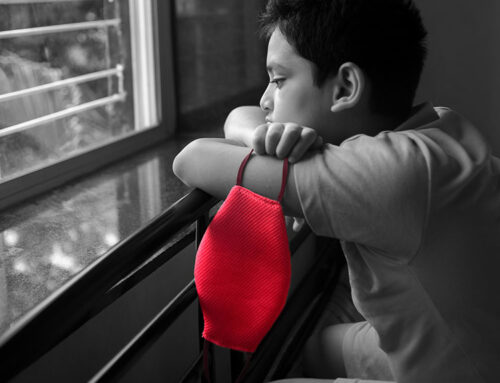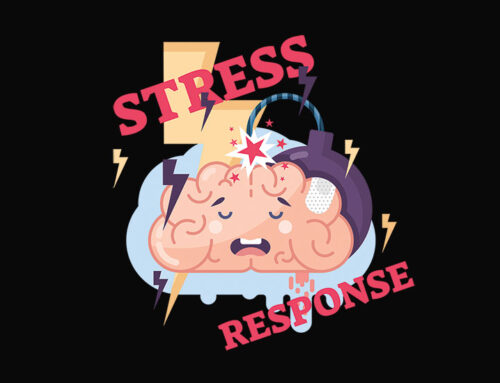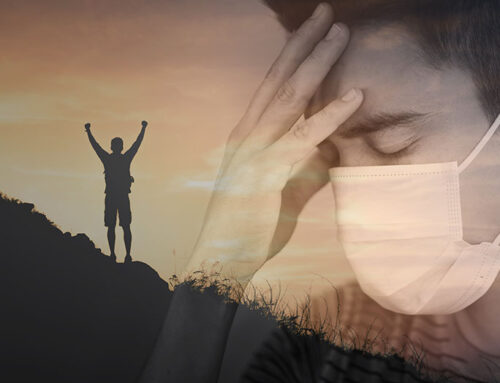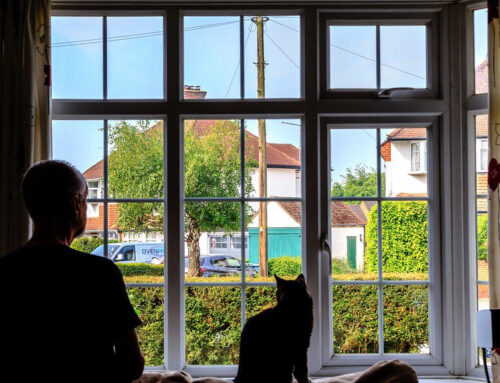Many of us recall our college experience as a time of being carefree. Working in University Mental Health, I have seen this landscape change dramatically. As the COVID-19 pandemic wreaks havoc with looming uncertainty, the additional psychological toll on university students cannot be ignored.
The most common concerns for college students are Depression and Anxiety. Some factors that exacerbate these issues include adjusting to college life, academic pressures, social challenges, as well as managing relationships, family, and finances. COVID-19 has placed an additional strain on mental health and heightened risk factors such as suicide – which sadly – is already the 2nd leading cause of death for this age group.
It has forced some students to relocate with their families and, as a result, lose the independence and privacy they had while in college. Some students have returned to family environments that previously contributed to their mental health issues. Relocation has also separated students from their social supports, leading to further isolation. Additionally, transitioning to remote learning has worsened academic performance for some. And, unfortunately, many students are grieving losses due to the coronavirus.
International students face increased challenges and feel abandoned on deserted campuses, as many cannot return home or work due to business closure or terminated campus positions. Those wanting to return to their home country must consider the safety of traveling, national policies, uncertainty about the university reopening, and status of their student visas. Paralleling the plight of the South Asian culture, many international students belong to cultures in which there is great stigma around help-seeking. Thus, these students are at particular risk for suffering with mental illness, in silence.
Seemingly bleak, I am mindful that challenge and growth come together. Hope lies ahead as colleges plan their re-openings, but we should resolve to remember lessons learned in terms of the power of connection and being proactive in seeking help. Here are suggestions and resources that can help university students.
- Build a “new normal.” Create schedules, wake up and sleep at the same time, and, integrate time for self-care, exercise, and meals.
- Create boundaries. Creating a designated space where you will “attend” classes or study may help with focus and consistency.
- Social distancing does not mean social isolation. Use facetime, WhatsApp, Zoom, or other ways to video chat regularly. Have virtual game or movie nights and stay connected.
- Try a virtual workout or yoga routine.
- Use apps: Mayo Clinic Anxiety Coach, Breath2Relax, Insight Timer, Headspace, Mind Shift, Mood Kit, My Life, Sleepio, and SuperBetter. Sanvello offers clinically validated support modules to help with stress, anxiety, mood concerns, and depression.
- If you have excess time, get in touch with interests or hobbies, such as learning a new language, gardening, painting, drawing, or trying new recipes!
- Get support with 7 Cups, an online emotional support service that can connect you to trained listeners anytime from anywhere.
- Get outside. You can still enjoy fresh air and exercise while maintaining social distance and using PPE.
- Get inspired. Try The Mighty, watch a TED talk, or follow those on social media who inspire you.
- Practice gratitude. Keeping a gratitude journal can help you refocus your thoughts on things you appreciate and build resilience.
Do not be afraid to seek help! Your university counseling center can assist in offering remote services or find a referral that will meet your needs.
 by Priti Shah, PHD
by Priti Shah, PHD
Dr. Priti Shah is a Licensed Psychologist and Training Director and the Associate Director of Outreach & Prevention at Seton Hall University.
Feature image by Alexandra_Koch from Pixabay

